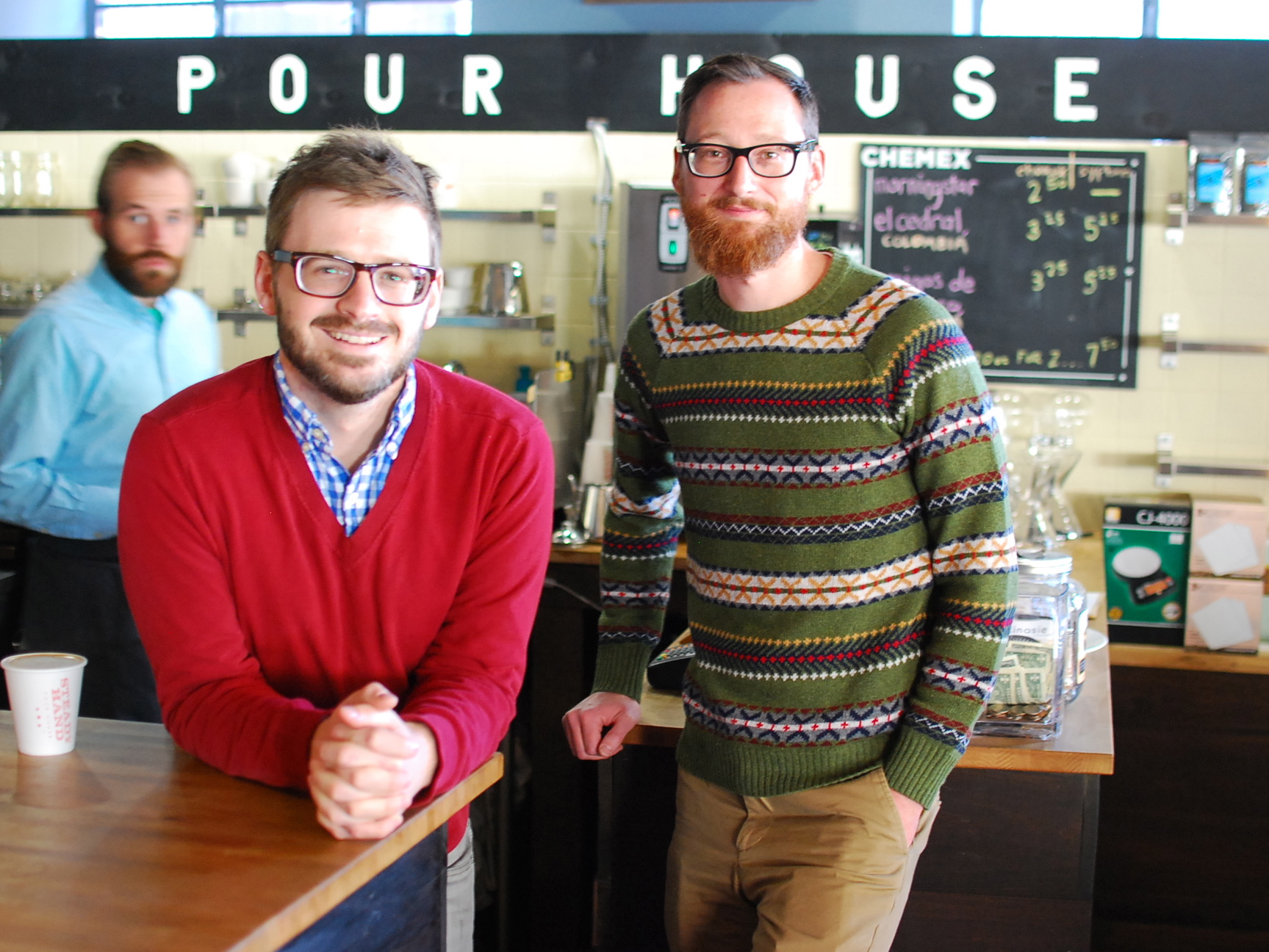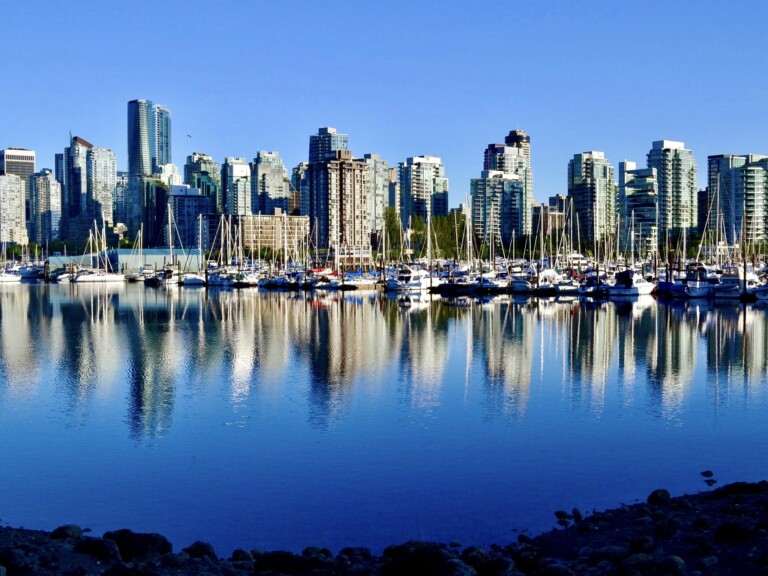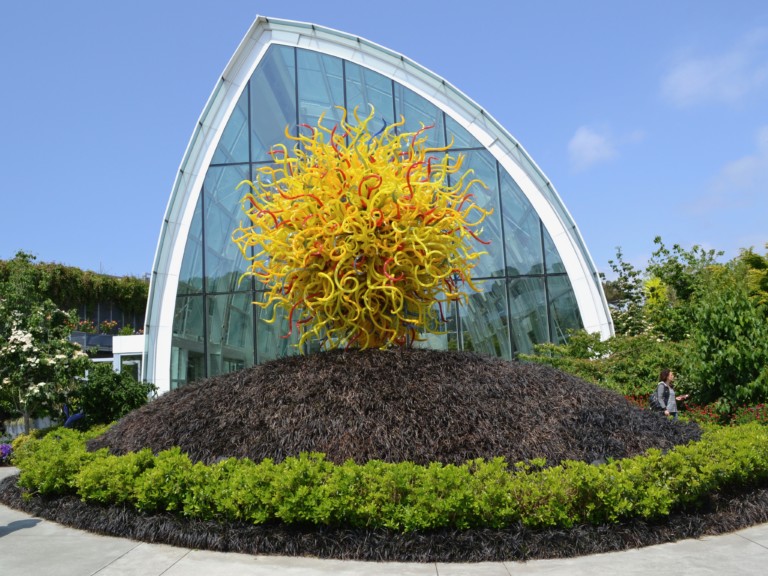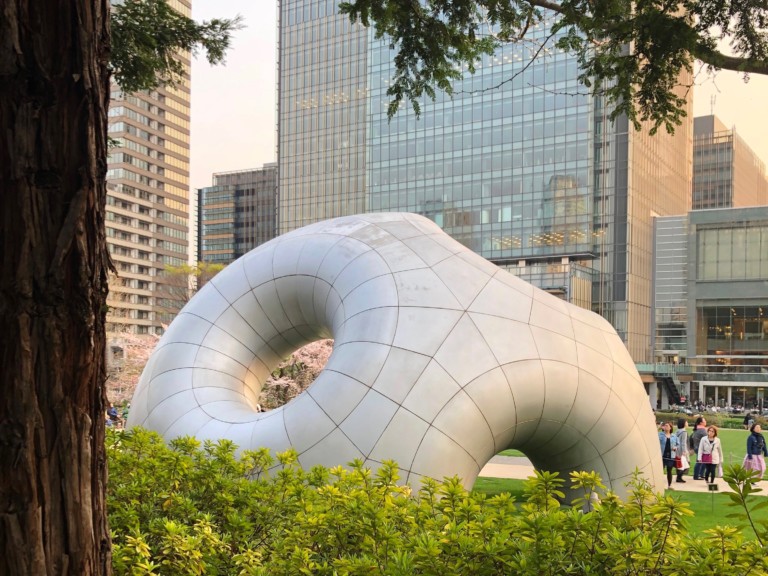Dale Donchey is from Richmond, Jordan Chambers hails from Kansas City, and the talented baristas met in the former Emory Village home of Method Coffee Bar & Tea Lounge. They stayed on at Octane Coffee and decamped to Brisbane to hone their skills before joining forces with friend Jamie Pair on Steady Hand Pour House, in the Method space. Circle of (coffee) life. On November 25, the duo discussed their connection to coffee.
At what point did you know that you would work with coffee for a career?
Donchey: It was probably six months into my first coffee job. It was a lax part-time job to make some extra money. I definitely fell in love with the people aspect first. The coffee part hit me when the company I was working for hit a ceiling on what they could teach. I stayed hungry and still wanted to know more than they could really offer me. I thought climbing the ladder in that company would kind of help out with that and give me access to more knowledge, and it did not. So a customer of mine decided he wanted to open his own coffee shop, and I was just the guy for it. That’s when it really took off. It was sitting around reading books, getting online, and getting magazines, like barista magazines. I was really diving into reading everything that I could and asking as many questions as I could.
What was the name of the shop?
Donchey: It was called Main Street Coffee Shop. It was in Duluth, Georgia, which is this little, small town…The downtown had like six stores in it. I’d get bored and call David, the rep for Counter Culture, but I didn’t even start working with him until like five months after that place opened.
This is David Lamont?
Donchey: Yeah. I was just constantly having conversations and talking and practicing, buying multiple gallons of milk just so I could spend the time practicing latte art, which I thought was so enthralling – reading about coffees and learning about the places they grow.
What was that very first shop where you had that very first job?
Donchey: Starbucks.
In Duluth?
Donchey: It was actually closer to John’s Creek, which is a little bit more of a high end area…I spent a year and a half in Starbucks.
Jordan, was Method your first coffee job?
Chambers: No, it was my second, but it was where I realized I wanted to work in coffee. I’d never done anything in coffee, and it was when Coffee Fest was here [2007]. I was in culinary school [at Le Cordon Bleu] and got through everything coffee and tea. Rob Tuttle, he got me with Chris Owens, who runs Handsome [Coffee Roasters] and David Lamont, were the two guys running Counter Culture at the time. So myself and two other dudes from culinary school would just randomly pop in for four, five hours at a time, each week, for about three or four weeks, before Coffee Fest, and Chris just trained us and showed us how to make cappuccinos and lattes, and that was basically it. That’s all we did, was cappuccinos and lattes. But I got a coffee job through that, so it was much easier with my school schedule to work at the place, than it was to work in a restaurant. It was called Sip The Experience, and they basically tried to do exactly what Octane had done on the Westside, and it was one of those moments…That’s the first time I was trying to learn. I leaned on David Lamont a lot. I did tons of milk lab work. The place was just not a good fit, so when I left there, I went three or four months without a job in coffee, and that’s when I actually met [Donchey] and David actually introduced us as “unemployed barista” and “unemployed barista.” So when he opened up Method, I was in Missouri and he texted me, “Hey, I need your help tomorrow morning.” “Give me a couple days.” It was probably the moment I realized customer interaction and how everything in this space, and the way I was making it work, that’s when I started going to more coffee shops and realizing nobody did what we did. It started hitting me there was definitely a future in it, and I was good at it.
So you were really at the vanguard of Atlanta specialty coffee at Method?
Donchey: We were definitely different, that’s for sure. Yeah, from having no sugars on the condiment bar, or no artificial sugars, and telling people we just didn’t do that, to brewing everything through a Chemex, to not having a ton of descriptors for things, so we had to talk and teach people, at that time period, it was unlike anything people in Atlanta had ever seen.
Chambers: It still is. If you go into Condesa, like I went into Condesa the other day, it’s a couple years old, just like us, I look at their clipboard, they still have their coffees down, and they still have a listing of what you’re going to taste. It’s not so much the hands on system we have, but most people are taken aback by it. You go to Octane, you have the same thing, a list of stuff. Still, in Atlanta, people don’t get that. “Wait a second, you have to brew my coffee?” Yeah. It’s been four, four and a half years since Method.
Do you feel like you’ve done things differently, knowing what you know now?
Donchey: No, I don’t think so. I think teaching people something they don’t know about, you can’t go wrong with that. I think being trusted as somebody who can teach someone, you can’t replace that with anything. That kind of interaction makes this place what it is…This is a Cheers bar, especially now that we’ve taken it over. It looked completely different.
Chambers: Hands down, you sit down here for an entire day, you’ll go, “Jesus, Christ.” You’ll be worn out, exhausted.
Donchey: Mildly annoyed.
Which customer’s Cliff?
Chambers: Arden would go for at least three of the characters, probably. We just have so many loyal regulars. When we opened up the place for two months, it was February and it was the coldest winter we’d had in Atlanta. And we had our Volkswagen van out back. It’s known as Rattletrap, that we were running. We were doing – if I think back on doing 140, 150 bucks a day in that thing, when it was 32 degrees – I’m like, “How the hell did we do that?” We just had loyal people that showed up every day. This place has just been taking off. It gets a little bit of a shit show in here because it’s so small, and it’s so cramped, but we have such loyal customers that it just keeps working, fortunately.
Do you still roll out Rattletrap in warmer months, or is that retired?
Chambers: We sort of put Rattletrap on the back burner because the shop got so busy. It’s a good problem to have. The street food movement was a main important reason for Rattletrap. The city’s not ready for coffee like that. I was the one who operated it. I made more lemonade and iced tea than coffee. One day, it was before Thanksgiving, we had done a street food event – what used to be a big draw was Street Food Thursdays – and I sat in a van, and it was cold. It was the second or third week of fairly cold and we were trying to brew coffee in the van, instead of just espresso only, and nobody was buying coffee. I made $40 one day and all I did was sit around and listen to food trucks bitch about other food trucks, because there were too many food trucks..I just sat in the van and was like, “I’m not doing anything I set out to do with this thing. I’m selling iced tea and lemonade, like a 12-year-old girl.” So we sort of put it on the back burner for now. We still have it. We may do something with it. We don’t really know.
Would you consider David Lamont a mentor?
Chambers: I would say yes. Most of Atlanta should say that.
Donchey: He’s one of the first people I got to talk to where I actually trusted 98% of what he said.
Chambers: I remember the times in the very beginning where I was just going to cuppings all the time. I would say sitting down and listening to him and M’lissa Muckerman talk about coffee, I didn’t really know David, because when I was there all those times being trained, Chris [Owens] was the one doing it, because David was out on sales. Those were the first times I heard David talking and you can gravitate to a guy like David Lamont when he talks about coffee more so than other people, so I remember thinking, “I’m going to ask that guy questions. He seems to know what he’s talking about.” And he will have lunch with you. He’ll take any phone call, any time. He came to the coffee shop all the time. He had everything to do with my work with coffee, his as well, as well as probably 90% of Atlanta coffee, not to mention the ones that have left to go to L.A. and work in all those shops. If you ask 20 baristas in Atlanta, 18 of them, if not all 20, say David Lamont, easily.
What’s your favorite aspect of operating a coffeehouse?
Donchey: Not having to listen to anyone else. Having a hair-brained, crazy idea about how to make something and just being able to do it.
What’s the most difficult aspect?
Chambers: Same thing. Being able to make that work. Siphons for us, we fought for years to do siphon method at Octane, and it was always someone above us, and it was their job to say, “How do we work that in? Can we do it? No, because we’ve got to charge this and it disrupts flow here.” We just went, “We’re stupid. We don’t know what we’re doing. We’ve never run a business. Let’s do it.” We started doing it, and now we’ve worked it out, but there are certain times where I go, “Why the hell are we doing siphon?” It’s putting it into operation, making sure it actually works. It’s a lot of fun. That’s probably the most fun part, but also the most difficult part, making sure everything works.
You have a third partner?
Donchey: Mmm-hmm, Jamie Pair.
How do you all divide duties?
Chambers: When Dale and I went to Australia, we had talked to Jamie about his idea for a mobile coffee van to take to movie sets, because he works in the movie industry. That just came about when we were in Australia and talking about this and that. It was learning to roast while we were in Australia, while thinking of roasting here and opening a coffee shop here, and then the mobile idea. All of this kind of came together with it. Jamie keeps his day job because he makes a lot of money. If I worked in the movie industry and made a bunch of money, I wouldn’t leave it to work in a coffee shop either. Basically, if the time is right for somebody like Jamie to come on with us – if we’re eventually roasting and the money’s coming in through the business – he can sort of do that. Dale basically manages the shop now. I did for a couple months until Rattletrap started taking off. I had never been the manager of a coffee shop. Dale sort of took it, and I sort of took Rattletrap. Now I don’t even remember when everything happened. I would say last spring, probably, when things when nuts. I blinked and don’t remember much after that. It’s come back pretty quick.
What will it take for the Atlanta coffee scene to become great, if it isn’t already?
INTERVIEW CONTINUED ON THE NEXT PAGE









Leave a Comment